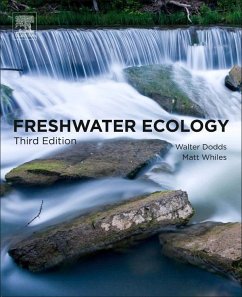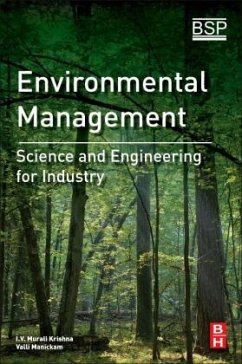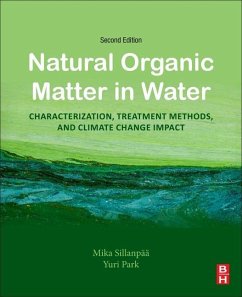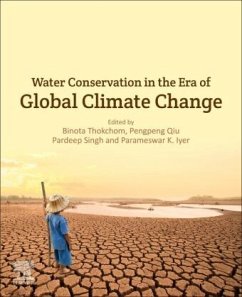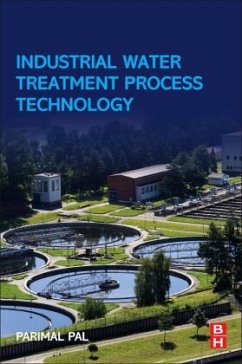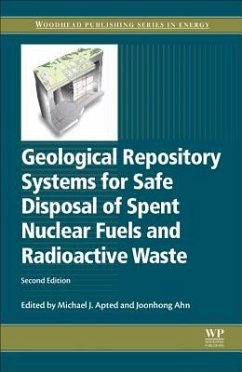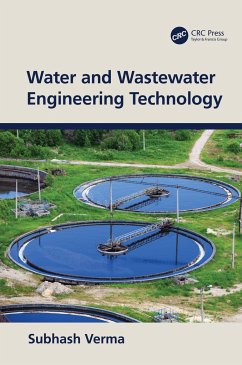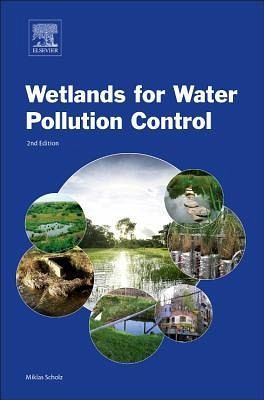
Wetland Systems to Control Urban Runoff

PAYBACK Punkte
47 °P sammeln!
Wetlands for Water Pollution Control, Second Edition, covers the fundamental science and engineering principles relevant to the drainage and treatment of both storm and wastewater. Standard and novel design recommendations for predominantly constructed wetlands and related sustainable drainage systems are also provided to account for the interests of professional engineers and environmental scientists.This revised edition deals with the design, operation, maintenance, and water quality monitoring of traditional and novel wetland systems, but also provides information on the analysis of asset p...
Wetlands for Water Pollution Control, Second Edition, covers the fundamental science and engineering principles relevant to the drainage and treatment of both storm and wastewater. Standard and novel design recommendations for predominantly constructed wetlands and related sustainable drainage systems are also provided to account for the interests of professional engineers and environmental scientists.
This revised edition deals with the design, operation, maintenance, and water quality monitoring of traditional and novel wetland systems, but also provides information on the analysis of asset performance and modeling of treatment processes, along with performances of existing infrastructures in predominantly developed, but also developing countries, and the sustainability and economic issues involved.
This new edition contains 10 new chapters, along with multidisciplinary, experimental, and modeling-orientated case study topics that include natural wetlands, constructed treatment wetlands for pollution control, sustainable drainage systems, and specific applications, such as wetlands treating hydrocarbon and ammonia, as well as ecological sanitation systems recycling treated.
This revised edition deals with the design, operation, maintenance, and water quality monitoring of traditional and novel wetland systems, but also provides information on the analysis of asset performance and modeling of treatment processes, along with performances of existing infrastructures in predominantly developed, but also developing countries, and the sustainability and economic issues involved.
This new edition contains 10 new chapters, along with multidisciplinary, experimental, and modeling-orientated case study topics that include natural wetlands, constructed treatment wetlands for pollution control, sustainable drainage systems, and specific applications, such as wetlands treating hydrocarbon and ammonia, as well as ecological sanitation systems recycling treated.




